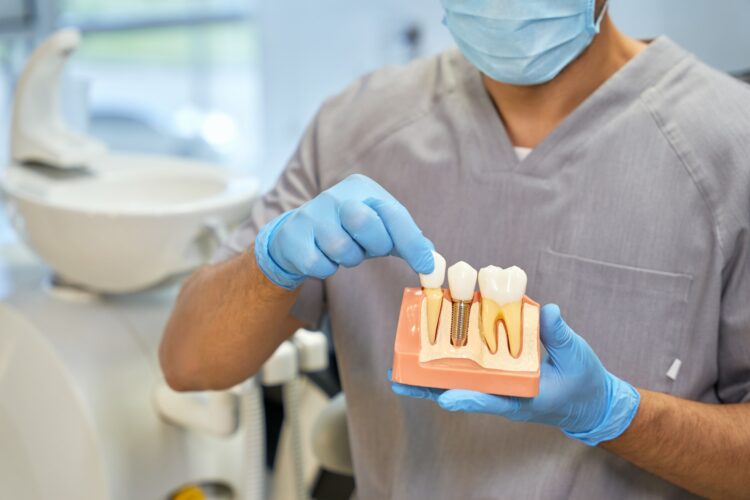Since its invention in 1965, dental implants have helped millions of people in the U.S. and worldwide restore their smiles and improve their quality of life. Dental implant surgery involves the replacement of tooth roots with metal, screw-like posts that replace damaged or missing teeth with artificial teeth that look and function similarly to natural teeth.
The Most Common Types of Dental Implant Materials
Almost all dental implants were made from titanium and titanium alloy for many years in the dental industry. But with the advances in technology and research, dental implants are now made from various materials, each with unique properties and advantages.
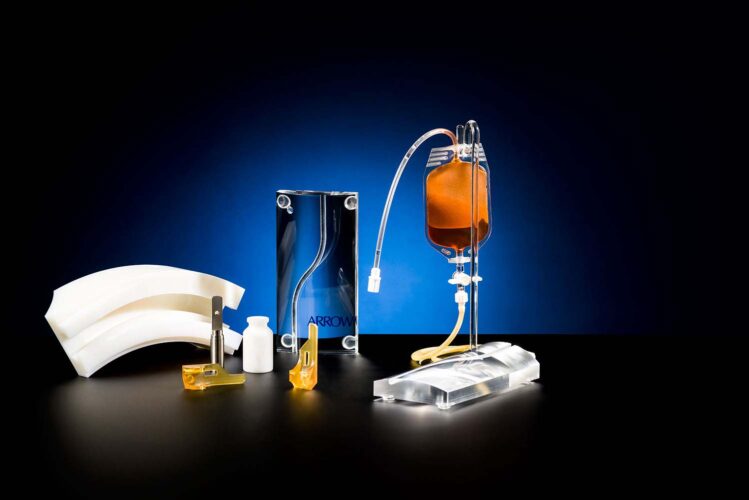
These dental materials are biocompatible, meaning they interact well with the human body and are resistant to both fracturing and corrosion.
Here are some of the most common types of implant materials:
Titanium – This material is by far the most preferred material for dental implants, as it is proven to encourage the osseointegration process and is comparatively more affordable. One week after the implant surgery, the bone starts to fuse to the titanium post, and the process continues for the rest of one’s life.
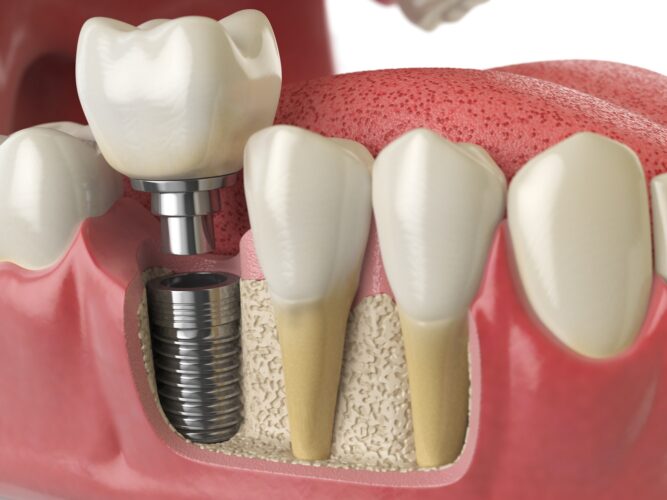
Titanium implant usually consists of two parts: the implant screw, which replaces the tooth root, and an implant abutment, which connects the screw to the crown. This two-piece system allows titanium implants to be placed deep into the human bone separately.
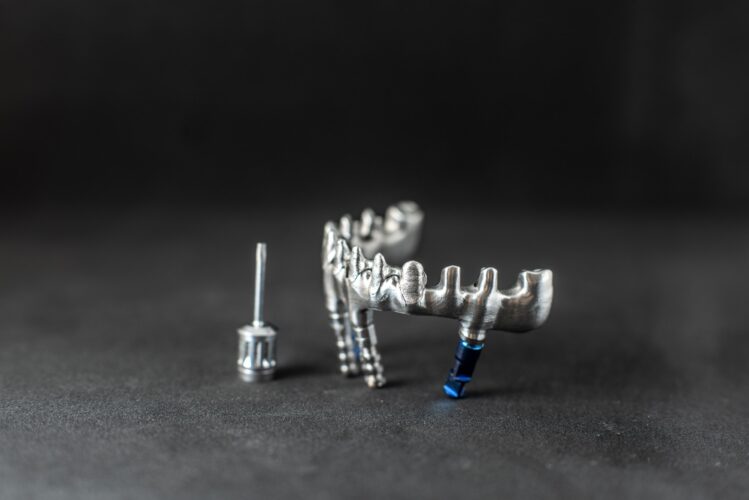
Zirconia – Having been recently discovered for use in implant placement, zirconia has proven to be a promising material. Zirconia dental implants are most often recommended for patients allergic to titanium. Zirconia implants are mainly one-piece implants that can be completed in one session. However, they can be harder to insert compared to titanium implants.
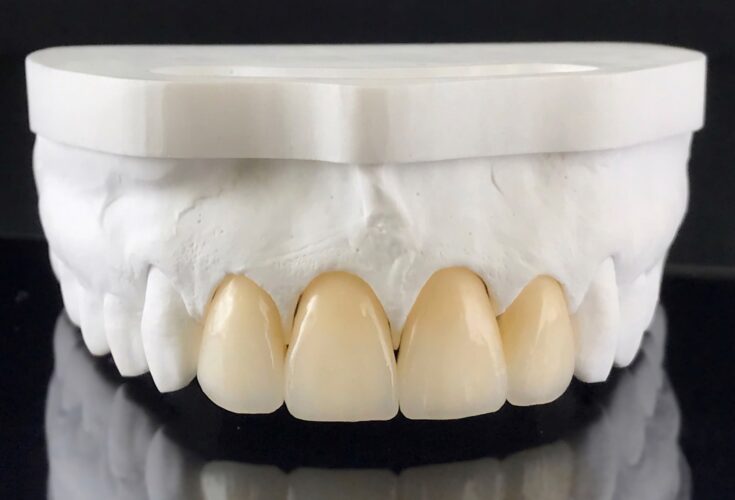
The right dental implant material out of the above may depend on your specific condition and requirement. A dental specialist at Precision Oral Surgery will evaluate your requirements and recommend the best course of action.
Are There Alternative Materials for Dental Implants?
Although titanium and zirconia remain two of the most common implant materials, other materials are sometimes used to create implants. Although these options are not standard, they are worth knowing if you are curious about all the options available.
Some of the alternative implant materials include:
Polymers – This biodegradable material can be a great option for replacing teeth as their composition can be easily modified, allowing for a more aesthetic appearance. However, they are not as durable as other materials.
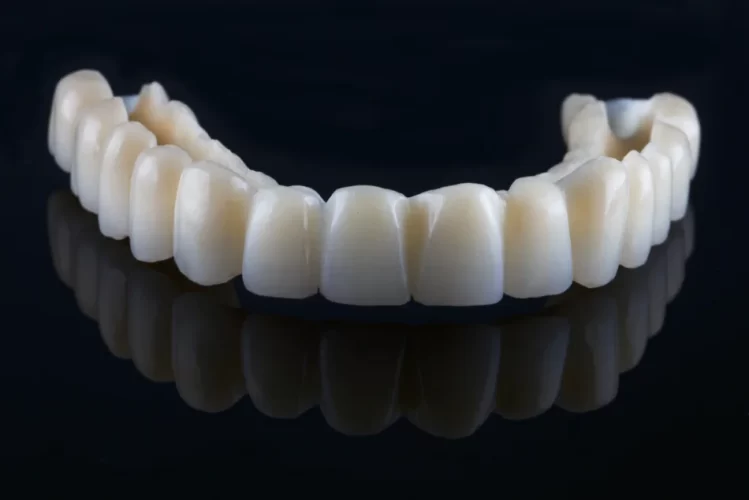
Ceramics – Some ceramics, such as carbon-silicon, can also be used in dental implants. They are both durable and robust but have some brittle properties that limit their ability to be a long-lasting tooth replacement solution.
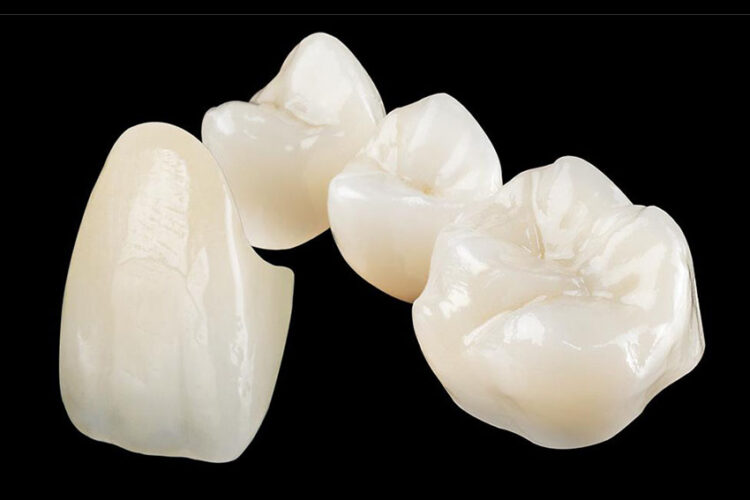
Alternative metals – Other metals that can be used in creating dental implants are stainless steel, gold, and cobalt-chromium. These metals are durable and corrosion-resistant but have lower success rates than titanium and zirconia implants.
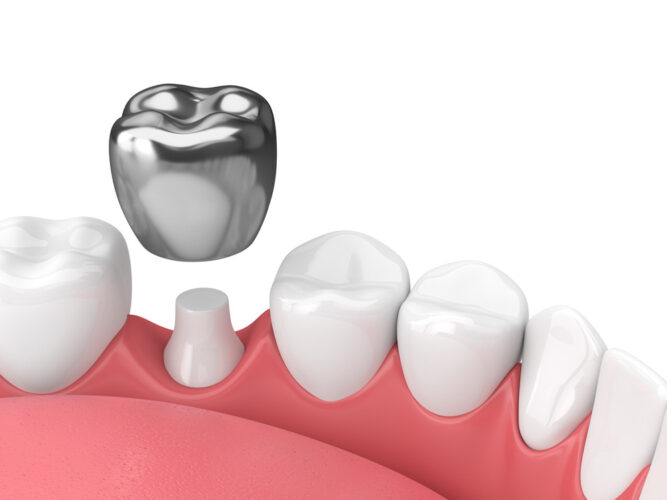
Although several alternative materials for dental implants exist, many of them have relatively low success rates and, thus, are not preferred by oral surgeons.

